Nafplion, Greece is one of my favorite small cities in the world. It’s a favorite weekend getaway for Greeks because it combines proximity to Athens and many beautiful Peloponnesian beaches with more unusual attractions, such as its unique historical architecture, top restaurants, proximity to a large number of important nearby ancient sites (bronze age wonders such as Mycenae and Tyrin, the ancient theatre of Epidaurus, and the medieval city, Monemvasia) and access to the great wine center of Nemea, home to what I regard as Greece’s most delightful red grape, the Agiorgítiko.
Wandering the city and those nearby attractions, one feels the presence of many ghosts – Agamemnon and Cassandra walking into Clytemnestra’s trap, the great playwrights, Aeschylus and Euripides, strolling the grounds of Epidaurus, Venetian architects planning on structures to repel Ottoman invaders, Ottoman governors trying to figure out how to tax the wily locals, and important leaders of the Greek Revolution, such as Kolokotronis, who was imprisoned here by his erstwhile comrades. Bourtzi castle is a gorgeous fifteenth-century Venetian structure built on an islet in the middle of Nafplion’s harbor. It’s a hypnotic sight in the evenings, a brightly lit jewel that one can stare upon for hours.
Three years ago I had a chance to spend several days alone in a hotel room in Nafplion with an oud and a dzouras, spending most of my time writing and playing music, often sitting on a balcony staring at Bourtzi.
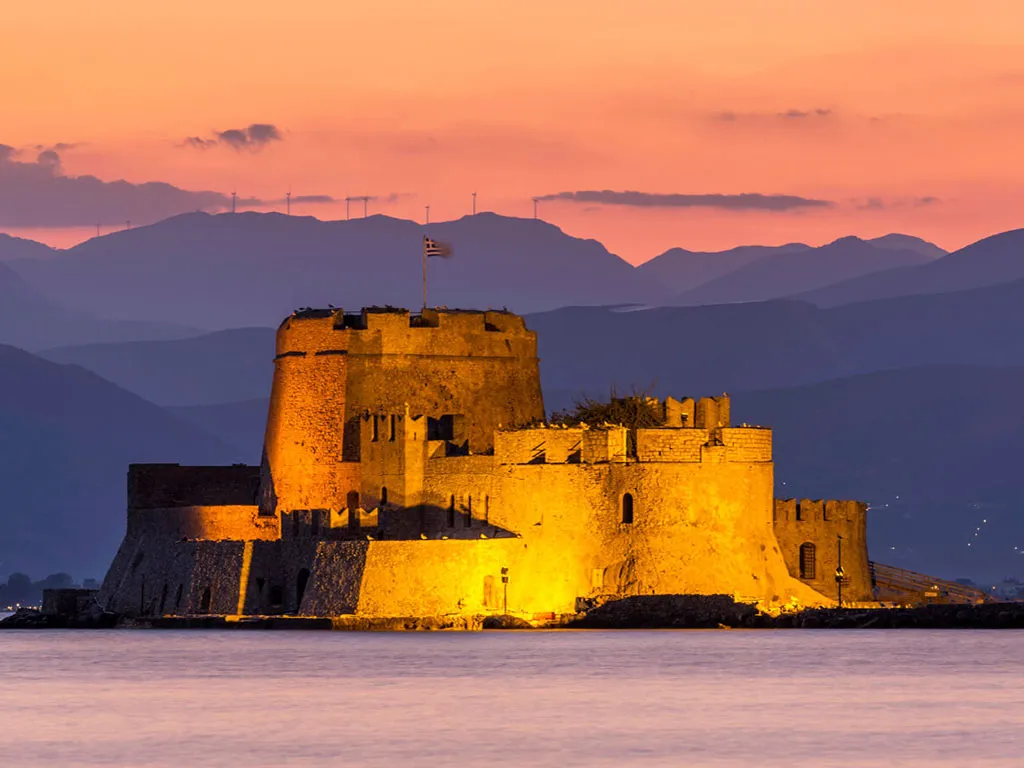
As I was sitting there, I realized what a tremendous resource that little castle must be to the local tourist industry, just because it is so beautiful. That got me thinking…what if I were someone hoping to score some cash or drinks from tourists hypnotized by that breathtaking sight? Maybe I would tell them I possessed mystic powers to connect them with the ghosts from the past. And – who knows? – it’s possible I might actually possess those mystic powers.
What would that imagined mystic denizen look like? There is a type of solitary older gentleman I have encountered many times over the years in Greece. He has few teeth left, an unshaven face, smells heavily of alcohol mixed with body odor, wears an old, dusty suit and tie, and sports a narrow-brimmed fedora, or sometimes a cap. He is a striking combination of insistent dignity, hard luck, and an eccentric disposition – a bit like Manos Hadjidakis’s famous character, Kyr’Adonis.
With that vision in mind, as I sat on the balcony overlooking Bourtzi, a few lines of the lyrics and the whole melody of To Mayico Tou Bourtzi came to me very quickly. I then emailed my nephew, Marcus, who speaks Greek like a native, and my friend (and koubaros), Angelo, an immigrant to the United States from Greece, just to share the fun of constructing the rest of the Greek lyrics describing how my protagonist would make his pitch. And fun it was.
To Mayico Tou Bourtzi is the fifth track on Evlogía. My original plan was to feature my friend, Demetrios Kehagias, as the vocalist. His voice is perfect for it, and he did a great job singing it in the recording studio. But after hearing the instruments on their own, I decided to leave out the vocal.
While considering whether to do so, I asked my friend, Ara Dinkjian – who graced the track with his incredible oud playing (and his gorgeous taksim) – whether he thought I should omit the vocal. Without even hearing the vocal, he said: “You know what I think.” That is classic Ara. What I’ve learned from asking Ara’s advice about my music is that he doesn’t really believe in giving advice. His answer usually means something akin to: “You already know the answer; have confidence in your opinion.”
So if you want to hear the words, you will have to find them on the Pano Hora website’s Project page for Evlogía, and sing them yourself. Or you could travel to Nafplion, where you might be able to find an older gentleman who, in exchange for a drink or two, will sing you his own version.
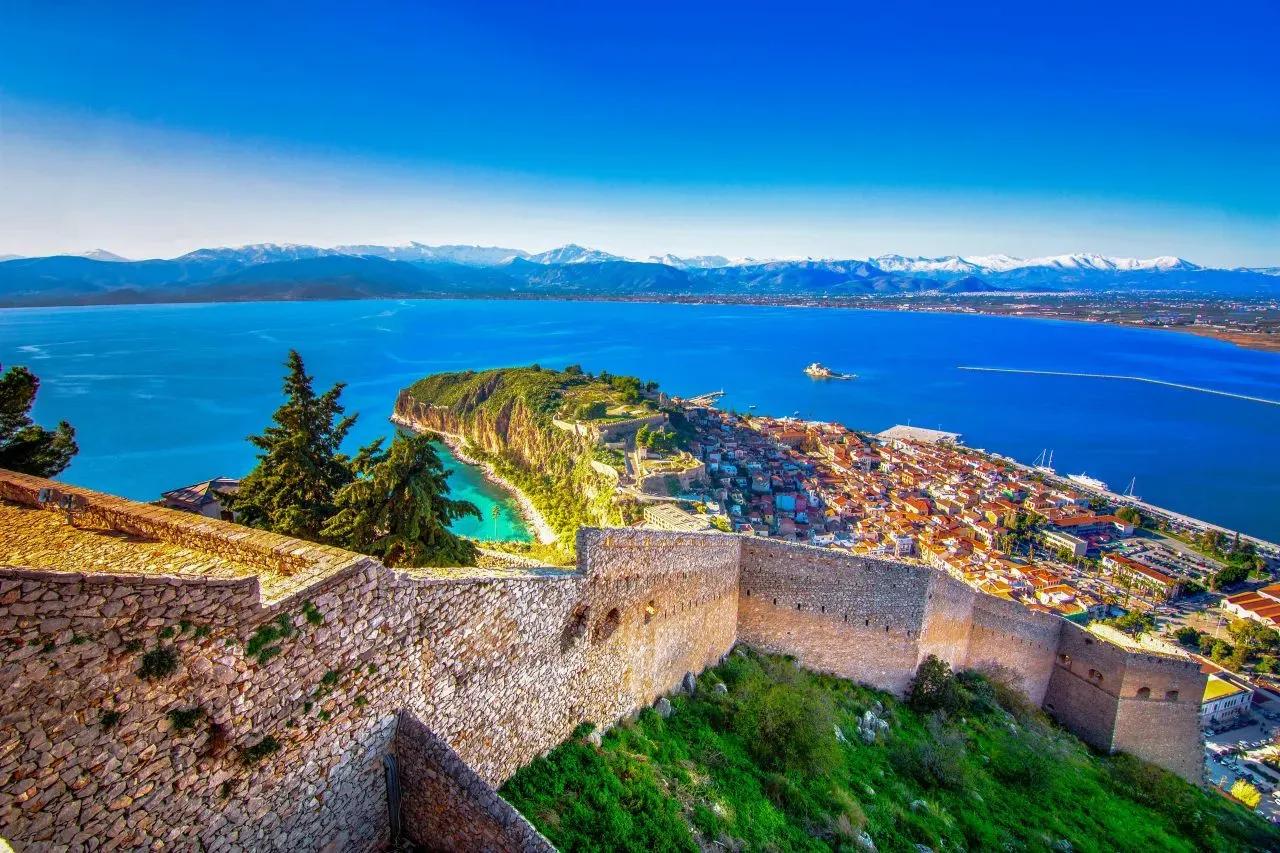

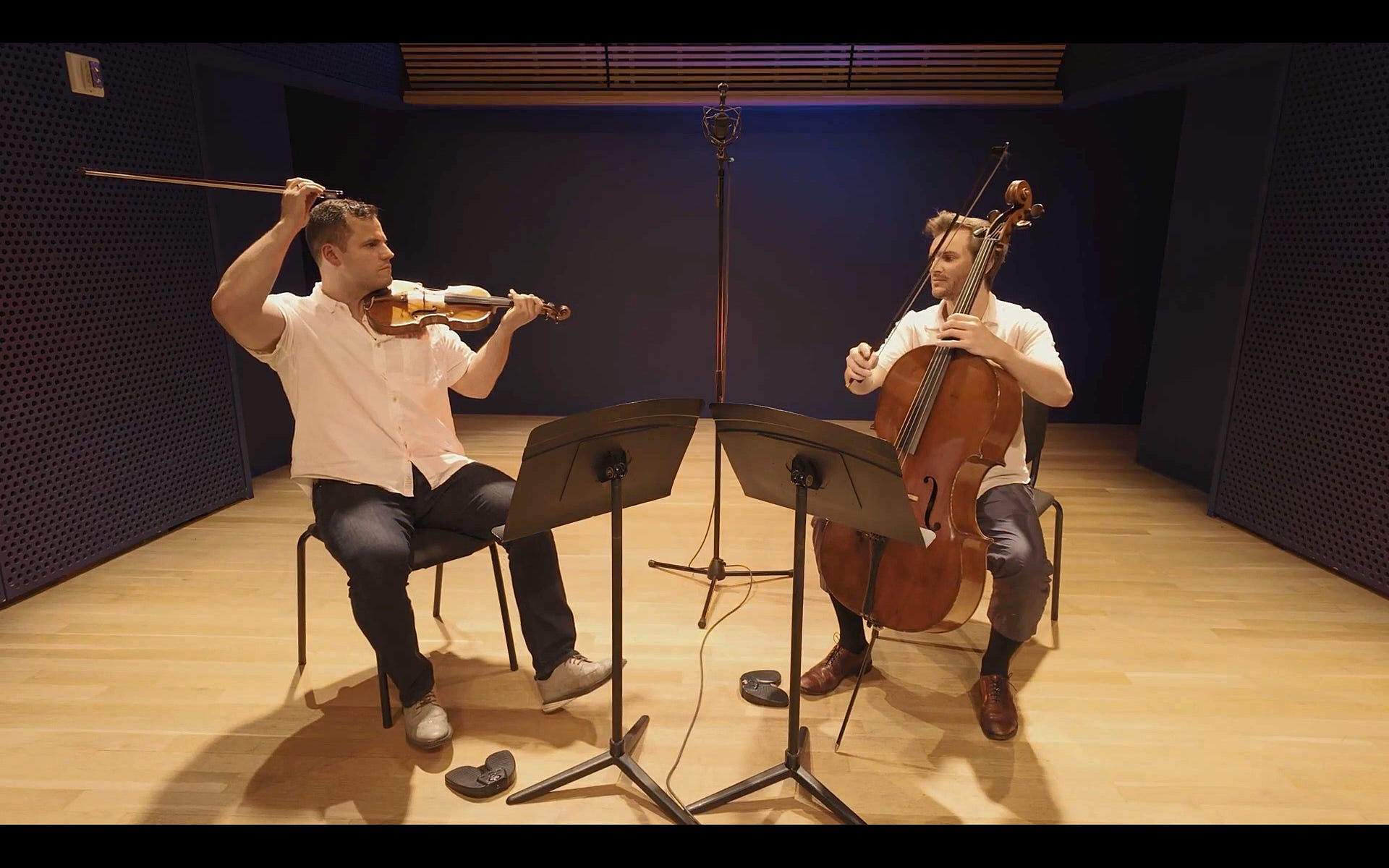
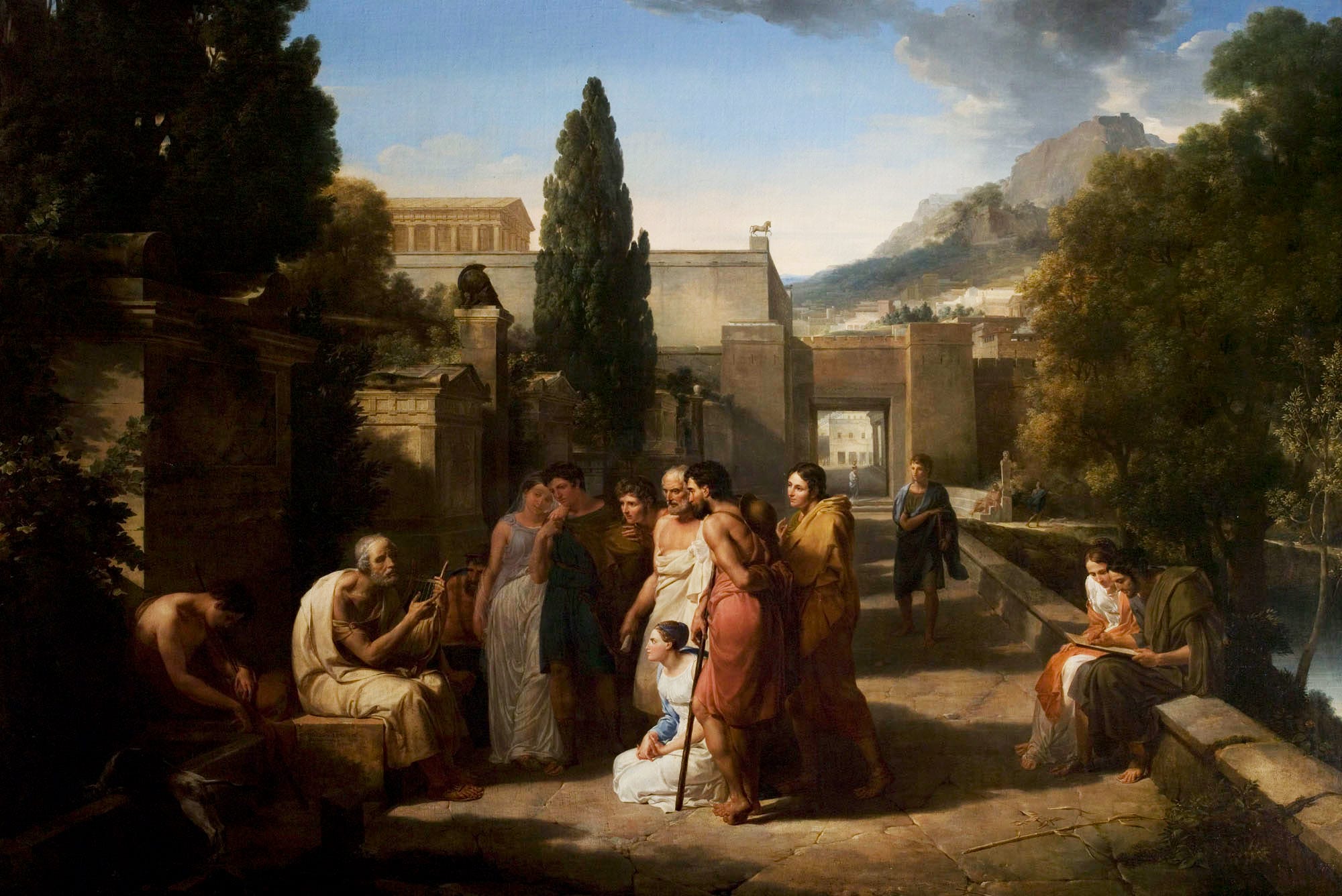
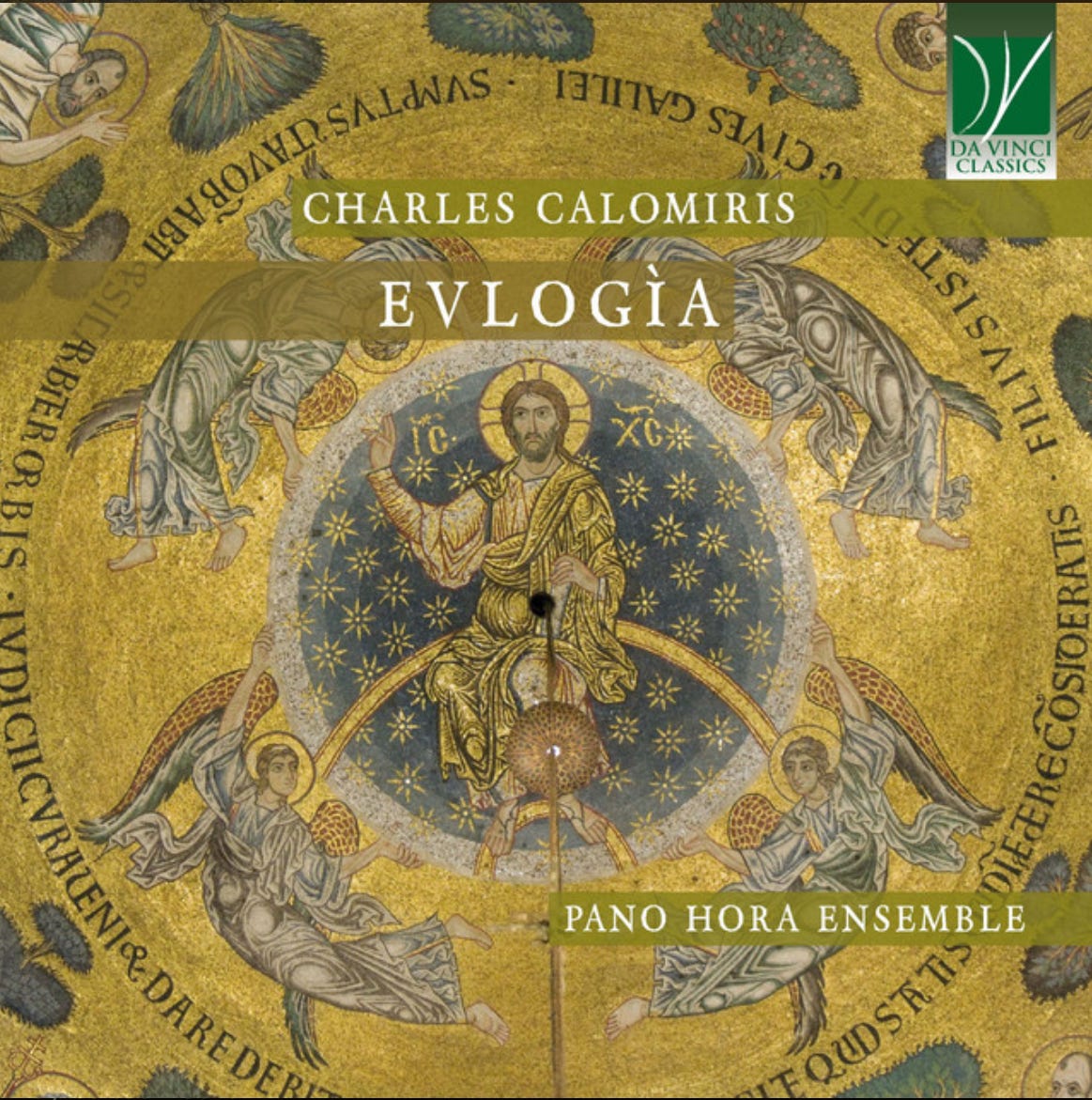



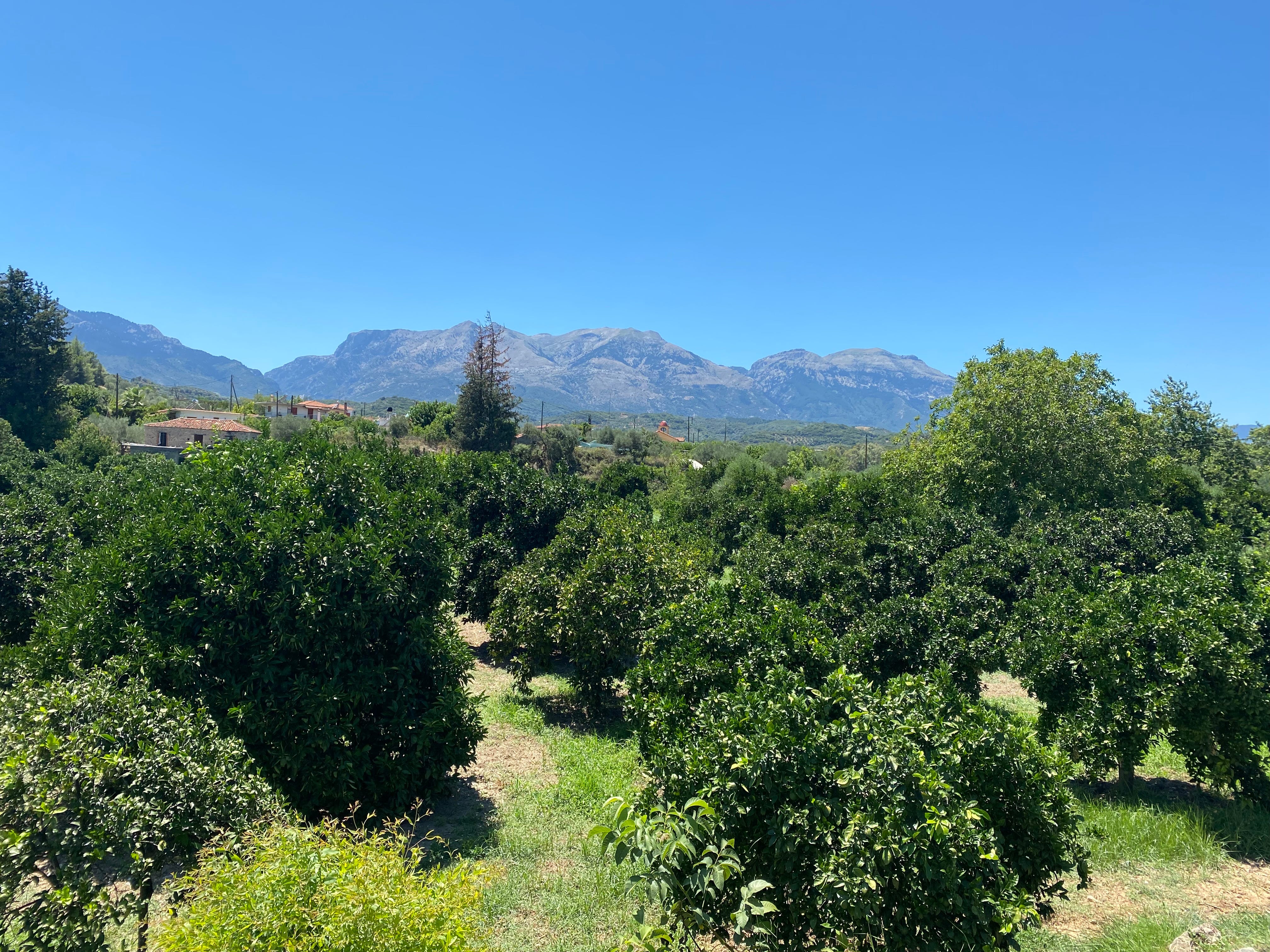

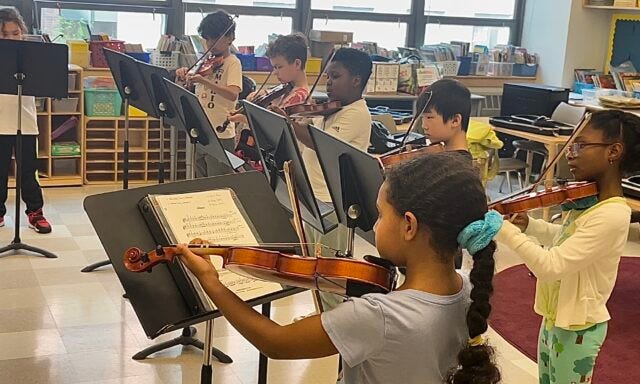
.avif)
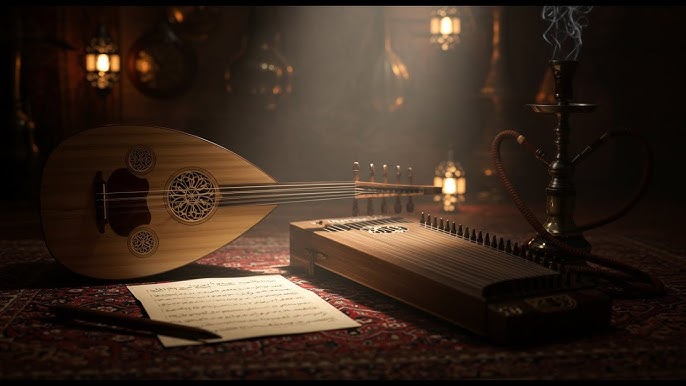
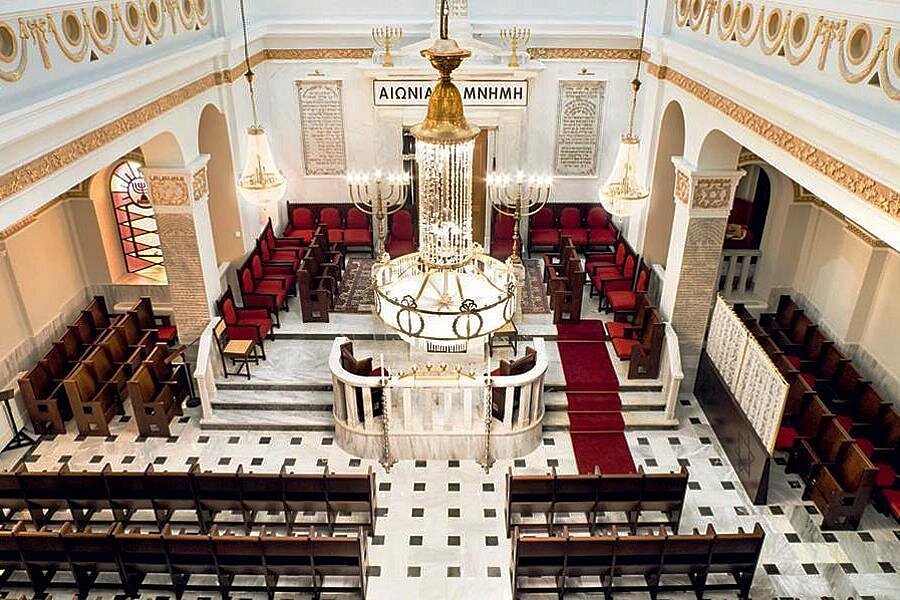
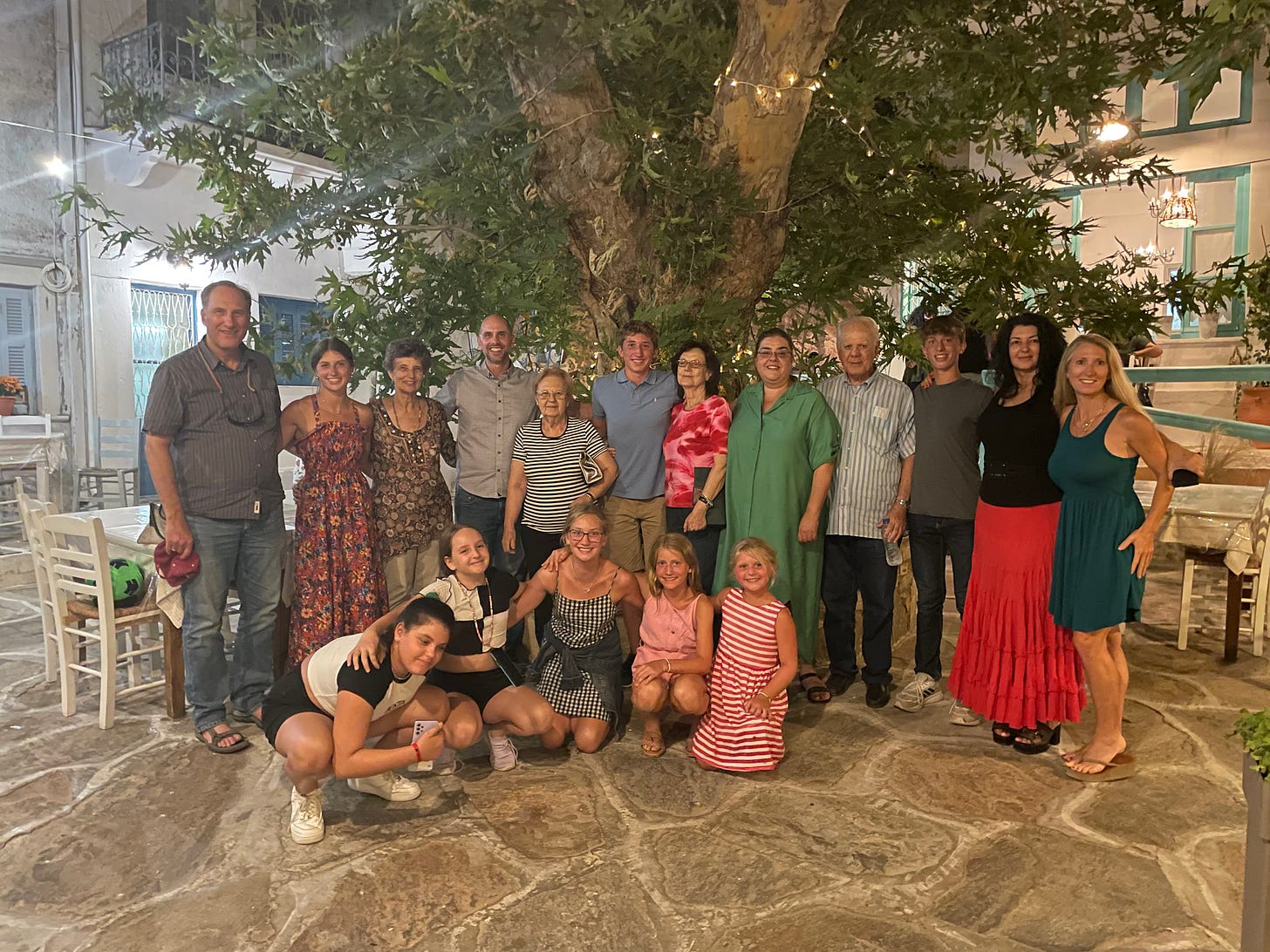
.png)
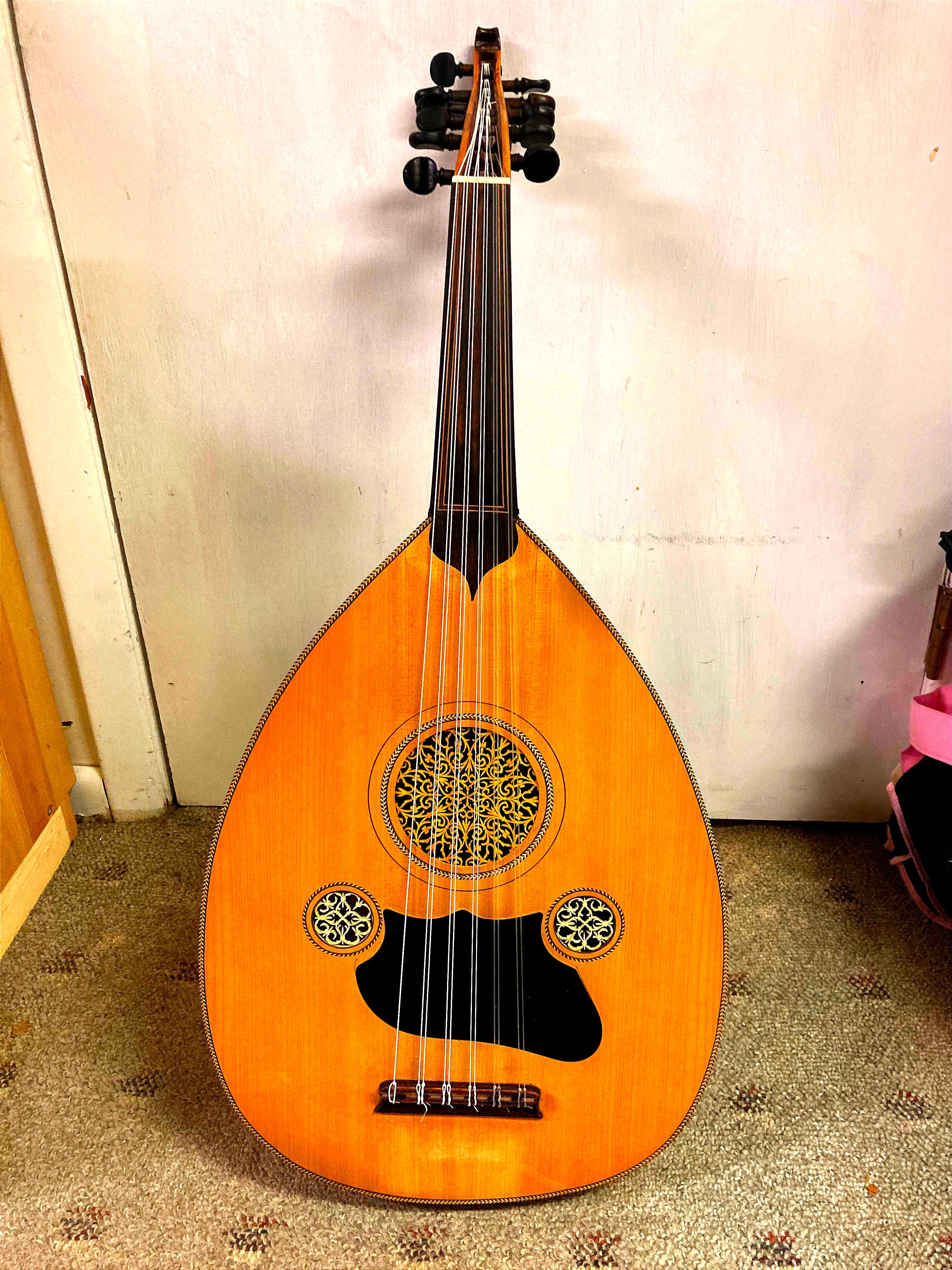
.png)


.png)


.png)




.jpg)
